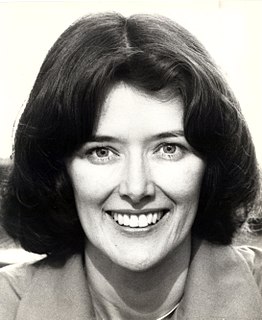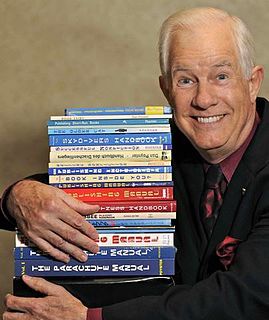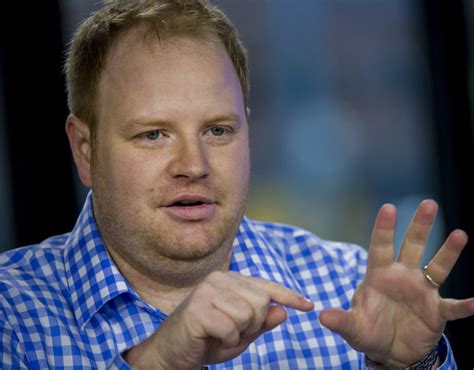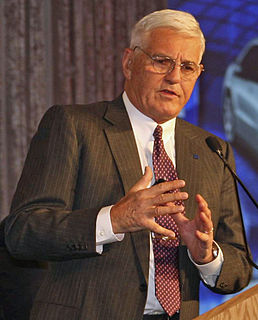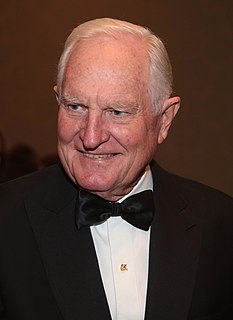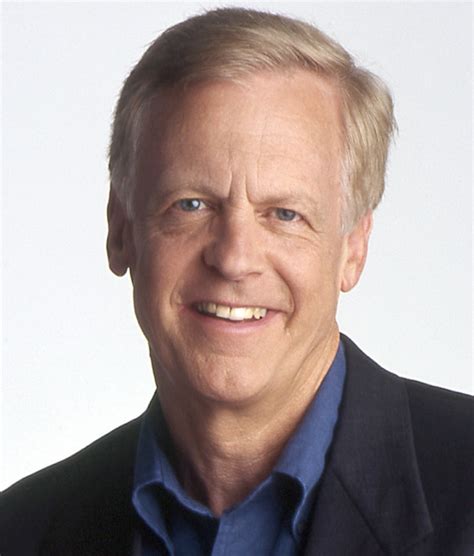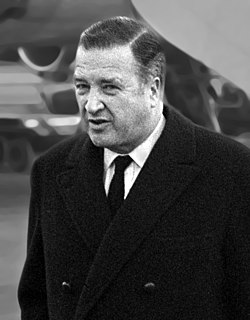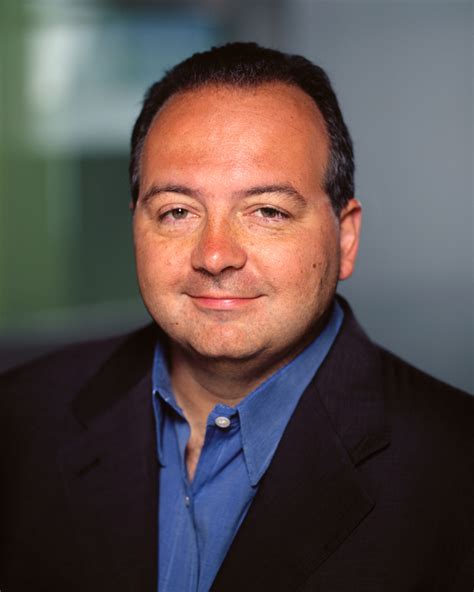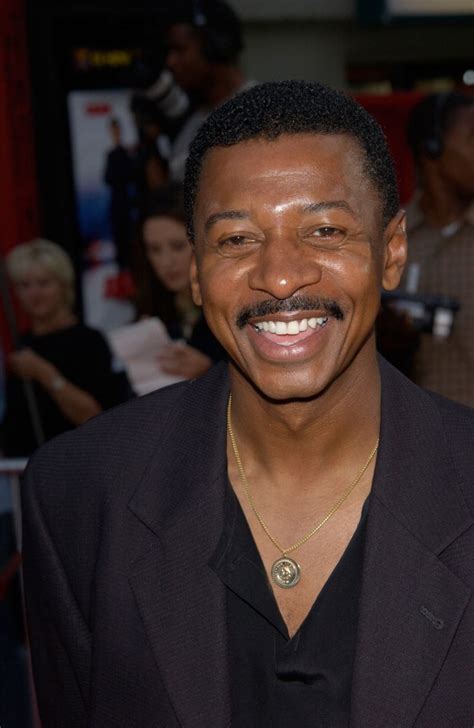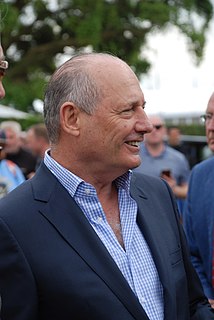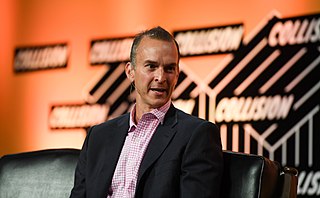A Quote by Mathias Dopfner
Related Quotes
Under the 1998 Digital Millennium Copyright Act, Tumblr, YouTube, Reddit, WordPress, and Facebook aren't responsible for the copyright infringement of each of their millions of users, so long as they take down specific posts, videos, or images when notified by copyright holders. But copyright holders thought that wasn't good enough.
Copyright law has got to give up its obsession with 'the copy.' The law should not regulate 'copies' or 'modern reproductions' on their own. It should instead regulate uses--like public distributions of copies of copyrighted work--that connect directly to the economic incentive copyright law was intended to foster.
The primary objective of copyright is not to reward the labor of authors, but ‘[t]o promote the Progress of Science and useful Arts.' To this end, copyright assures authors the right to their original expression, but encourages others to build freely upon the ideas and information conveyed by a work. This result is neither unfair nor unfortunate. It is the means by which copyright advances the progress of science and art.
The crystal ball has a question mark in its center. There are some fundamental choices to be made. We will either choose to continue to wage a hopeless war to preserve the existing architecture for copyright by upping the stakes and using better weapons to make sure that people respect it. If we do this, public support for copyright will continue to weaken, pushing creativity underground and producing a generation that is alienated from the copyright concept.



